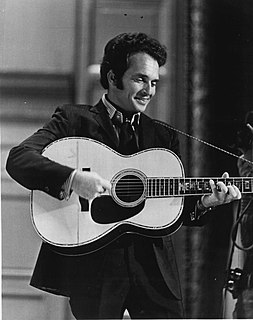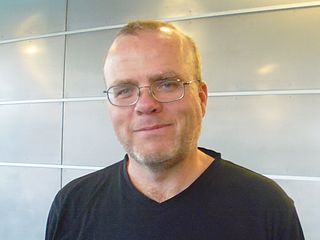A Quote by Chris Hardwick
Just as someone who's been interested in radio and programming for so long, I can usually tell when an interviewer is doing a segment just to fill a programming slot. They ask questions, but they don't care about the answers.
Quote Topics
Related Quotes
My impression was and is that many programming languages and tools represent solutions looking for problems, and I was determined that my work should not fall into that category. Thus, I follow the literature on programming languages and the debates about programming languages primarily looking for ideas for solutions to problems my colleagues and I have encountered in real applications. Other programming languages constitute a mountain of ideas and inspiration-but it has to be mined carefully to avoid featurism and inconsistencies.
There are so many conditions to programming in America, where it's dominated by these people that own 800 radio stations that have no idea who to play and who not to play, and they listen to somebody or read somebody else's programming sheet and go by Buck Owens' opinion or something. Eight hundred stations are controlled by some guy that doesn't have a clue as to what to do about music.
One of the first major programming projects that I worked on when I was growing up in Ireland, back just coding by myself, was a programming language. Then I spent a bunch of time working on a new web framer. Just back-end things to make it easier to go in and build things on top of, do other development.


































